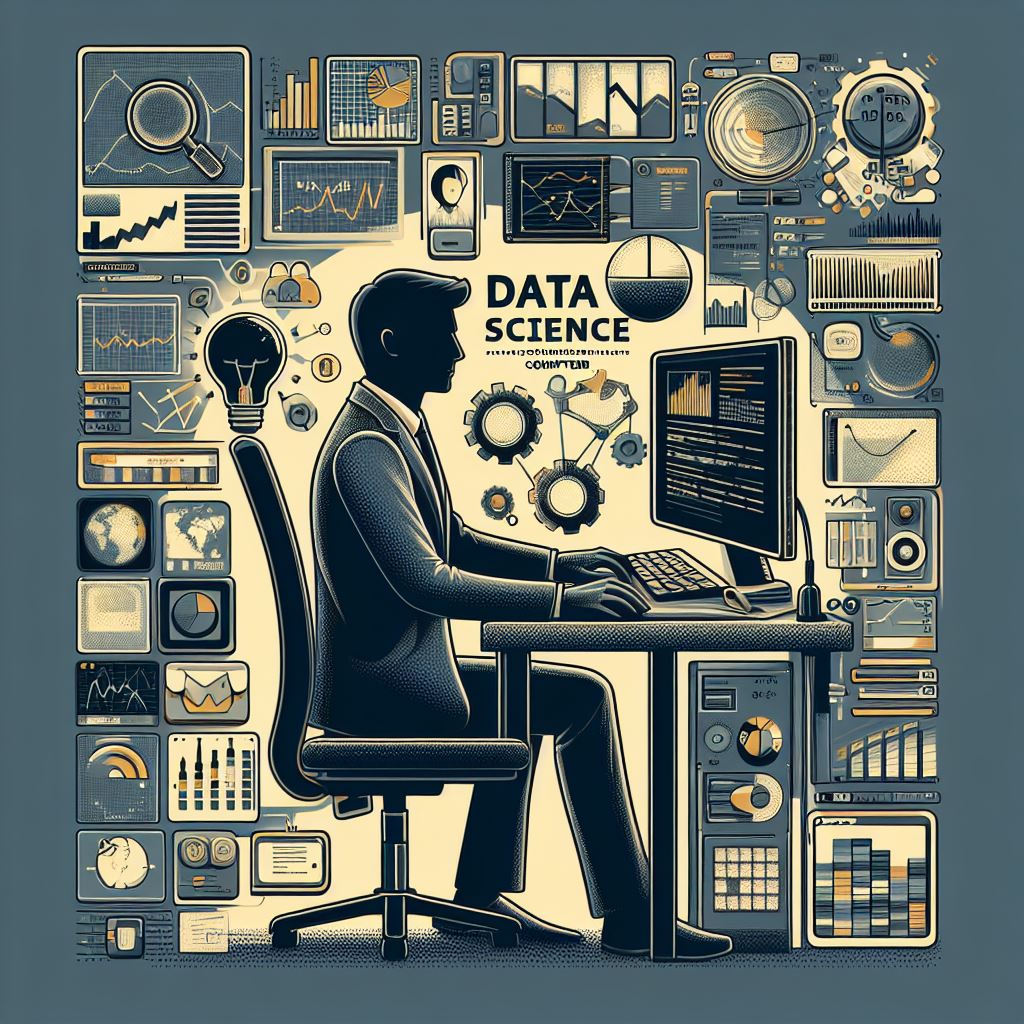Home automation is no longer a futuristic concept; it’s a reality transforming the way we live. With the rapid advancements in technology, home automation allows homeowners to control their home environment with ease, improving convenience, security, and energy efficiency. From controlling lights, locks, and thermostats to integrating smart appliances and entertainment systems, the possibilities are endless.
At its core, home automation involves the use of internet-connected devices to remotely monitor and control systems and appliances in your home. These devices can be managed through apps on smartphones, tablets, or voice-controlled assistants like Amazon Alexa and Google Assistant. The primary goal is to provide homeowners with increased control and accessibility over their home, leading to a smarter, more efficient living space.
Convenience and Control
One of the key advantages of home automation is the convenience it offers. Imagine coming home to a house that is already set to your preferred temperature, with the lights automatically turning on and your favorite music playing. With smart systems, you can schedule your appliances and lighting to operate according to your preferences. You can also control your devices remotely while at work or on vacation, ensuring your home is always in the right condition.
Enhanced Security
Home automation systems significantly improve the security of your home. Smart locks, video doorbells, and surveillance cameras allow you to monitor who is at your door or entering your house from anywhere in the world. You can receive alerts if any unusual activity is detected, providing peace of mind even when you’re not home. Automated lighting can also be programmed to simulate your presence at home, deterring potential intruders.
Energy Efficiency and Cost Savings
Another benefit of home automation is energy efficiency. By using smart thermostats, lighting systems, and appliances, you can reduce your home’s energy consumption. For instance, a smart thermostat can learn your schedule and adjust the temperature accordingly, ensuring that your heating or cooling system isn’t running unnecessarily when you’re not home. Additionally, smart lighting can turn off when not in use, reducing electricity waste. Over time, these small adjustments can result in significant cost savings on energy bills.
Integration with Other Smart Technologies
Home automation integrates seamlessly with other smart technologies in your home. From controlling your entertainment system to managing your appliances, these systems work in harmony to create a connected environment. Smart home hubs allow you to link various devices together, enabling them to communicate and work as a unified system. This integration leads to an enhanced user experience where everything is interconnected and easy to control.
Future of Home Automation
The future of home automation is bright, with new innovations and technologies emerging regularly. As smart technology continues to evolve, we can expect even more advanced solutions that make our homes safer, more efficient, and more convenient. Artificial intelligence and machine learning are already being integrated into smart home systems, allowing devices to learn and adapt to the homeowner’s preferences over time. This means even greater personalization and control in the near future.
Conclusion
Home automation is revolutionizing the way we interact with our homes. It offers convenience, enhanced security, energy efficiency, and seamless integration with other smart technologies. As this industry continues to grow, it’s clear that home automation will play a significant role in shaping the future of how we live. By investing in smart home systems today, you can enjoy the benefits of a more efficient, comfortable, and secure home.
5
